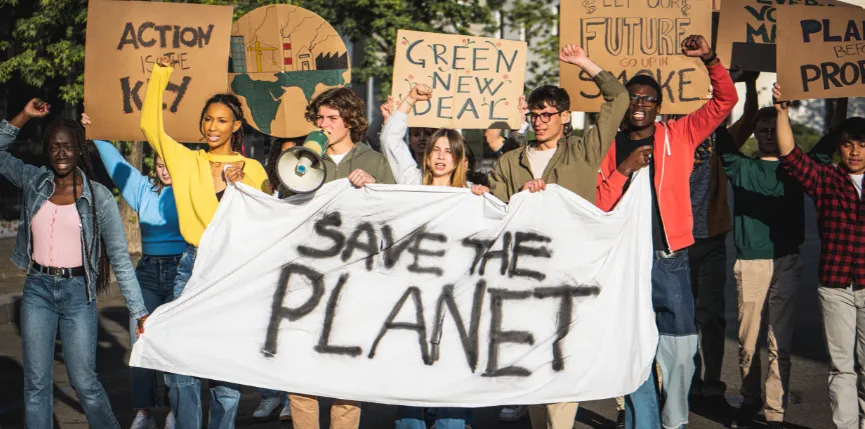Do People Want to Hear About Uncertainty?
February 19, 2025

This post originally appeared here.
We often hear that people hate uncertainty. While this is generally true, it probably does not apply in every situation. People tend to hate uncertainty in their personal lives, but when there is uncertainty on a public matter, such as a disease threat, they want to know about it.
Recent research has suggested that being told that something is uncertain can build trust. Focus groups conducted by the de Beaumont Foundation suggest that when public health authorities communicate uncertainty or that they don’t know something, people are more likely to trust them. In one online experiment, participants read a fictitious statement from a public health authority suggesting no link between the COVID vaccine and heart inflammation. Participants were placed in one of four conditions: 1. One in which the authority communicated no uncertainty; 2. One in which the authority communicated uncertainty without giving a reason; and 3. Two conditions in which uncertainty was communicated with various reasons given (e.g., there was high patient dropout in the experiment). Then participants heard a statement saying the initial statement was incorrect and there was a link between the vaccine and heart inflammation. The study found that communicating uncertainty protects trust in this type of situation and that communicating the reason for uncertainty does not harm trust. The two conditions that communicated uncertainty with reasons given performed best.
Communicating uncertainty seems therefore to be central to building trust, especially in situations in which there is a high likelihood of the evidence changing. With that in mind, here are some tips for communicating well about uncertainty:
- Start with humility. Admit you don’t know everything and that things are evolving.
- Let people know when and how you will update them. Giving people clear signposts for communication can help ease anxiety around uncertainty. Letting people know you will update them at a certain time in a certain manner will help with this.
- Explain why there’s uncertainty. As the study mentioned above shows and as we know in general from a broad base of psychological research, people tend to want to know the “why” of things. There are often clear reasons why things are very uncertain. For example, there is really no way to know whether the H5N1 bird flu will develop the capacity for human to human transmission, which would be necessary to cause a pandemic. It is beyond the abilities of science and epidemiology to predict this in advance because viruses do unpredictable things. That’s why we can’t say whether this currently circulating strain of flu will cause a pandemic.
- Communicate how you are dealing with the uncertainty. People like something they can relate to. It will make you seem more human if you let people know what you are doing to manage the uncertainty of the situation. It will also give them concrete ideas for steps they can take to do the same.
Communicating about uncertainty is not only important, it’s necessary to build and maintain trust. There are ways to do this that are particularly helpful in lessening anxiety and increasing a sense of security among members of the general public. We shouldn’t assume that people “hate” uncertainty and therefore shy away from communicating about it. To the contrary, people’s trust in us depends on it.
Related Posts

How Not to Write a Health News Story
Posted in Health Communication
We have to do better at writing important health news stories.

We Should Celebrate the Advances Vaccine Research Is Making: But Many Aren't
Posted in Health Communication
There are so many reasons to celebrate vaccines lately. So why are so many not partaking?

Climate News: It Is Grim, But It Isn't All Bad
Posted in climate change
It can be difficult to feel hopeful when the climate change situation is so bad, but there is some good news here. It's important to stay hopeful as we continue to fight this force.